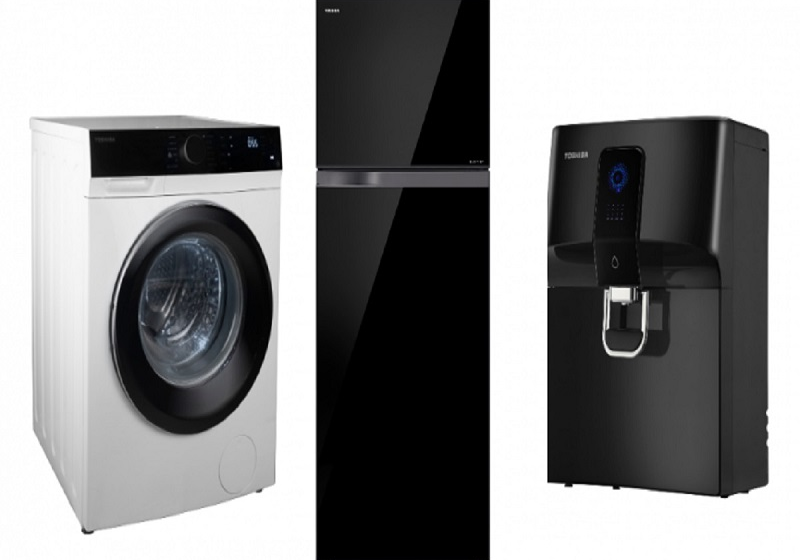In today’s modern world, appliances have become an integral part of our daily lives, revolutionizing the way we perform household tasks and enhancing our overall convenience and efficiency. From humble beginnings to the cutting-edge technologies of today, appliances have come a long way, constantly evolving to meet the ever-changing needs of consumers. In this article, we will explore the fascinating journey of appliances, their impact on our lives, and their potential for the future.
Appliances have a rich history that dates back centuries. Early versions of appliances were simple and rudimentary, primarily designed to assist with basic chores. For example, the invention of the washing machine in the 18th century was a significant breakthrough that liberated households from the labor-intensive task of hand-washing clothes. Similarly, the advent of the refrigerator in the early 20th century revolutionized food preservation and storage, ensuring better hygiene and reducing waste.
Over time, appliances began to incorporate advanced technologies, leading to substantial improvements in performance and functionality. The introduction of electric-powered appliances in the 20th century marked a turning point. Electric stoves, for instance, replaced traditional wood or coal-fired stoves, offering precise temperature control and faster cooking times. These innovations not only saved time but also enhanced safety in the kitchen.
In recent years, the rapid advancement of digital technology and the Internet of Things (IoT) has given rise to a new generation of appliances known as smart appliances. These appliances can connect to the internet, allowing users to control and monitor them remotely through their smartphones or other devices. For example, smart thermostats enable homeowners to adjust the temperature of their homes while they’re away, optimizing energy usage and reducing utility bills. Smart refrigerators can keep track of food inventory, suggest recipes based on available ingredients, and even place online grocery orders. These appliances offer unparalleled convenience, efficiency, and connectivity, making our lives easier than ever before.
Moreover, energy efficiency has become a key focus in appliance design. With growing environmental concerns and rising energy costs, manufacturers are developing appliances that consume less energy while delivering optimal performance. Energy Star-rated appliances, for instance, meet strict criteria for energy efficiency set by governmental agencies. These appliances not only save consumers money but also contribute to reducing greenhouse gas emissions, making them an eco-friendly choice.
Looking ahead, the future of appliances holds tremendous potential. With ongoing research and development in areas such as artificial intelligence and robotics, we can expect appliances to become even more intelligent and autonomous. Imagine a robot vacuum cleaner that not only cleans your floors but also learns the layout of your home, adapts to your preferences, and navigates obstacles seamlessly. Furthermore, appliances may integrate seamlessly with renewable energy sources, promoting sustainable living and reducing our carbon footprint.
In conclusion, appliances have significantly transformed our lives, revolutionizing how we perform everyday tasks. From their humble beginnings to the emergence of smart appliances, they have constantly evolved to enhance our convenience and efficiency. With advancements in technology, appliances are becoming increasingly intelligent, energy-efficient, and connected. As we look to the future, the possibilities for appliances seem limitless. They will continue to play a crucial role in our lives, making our homes smarter, more sustainable, and more enjoyable to live in.

0 responses to “The Evolution of Appliances: Enhancing Convenience and Efficiency”